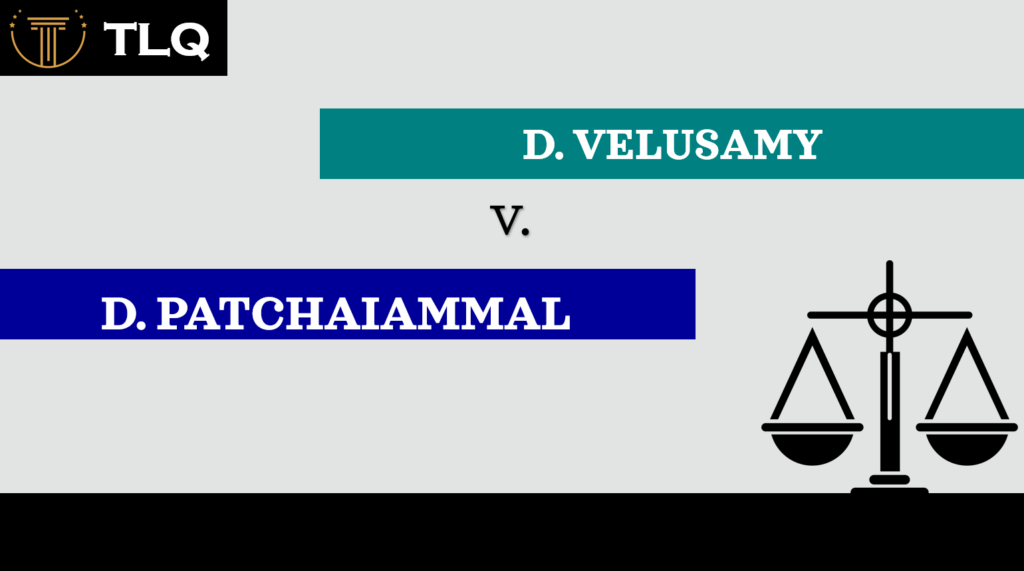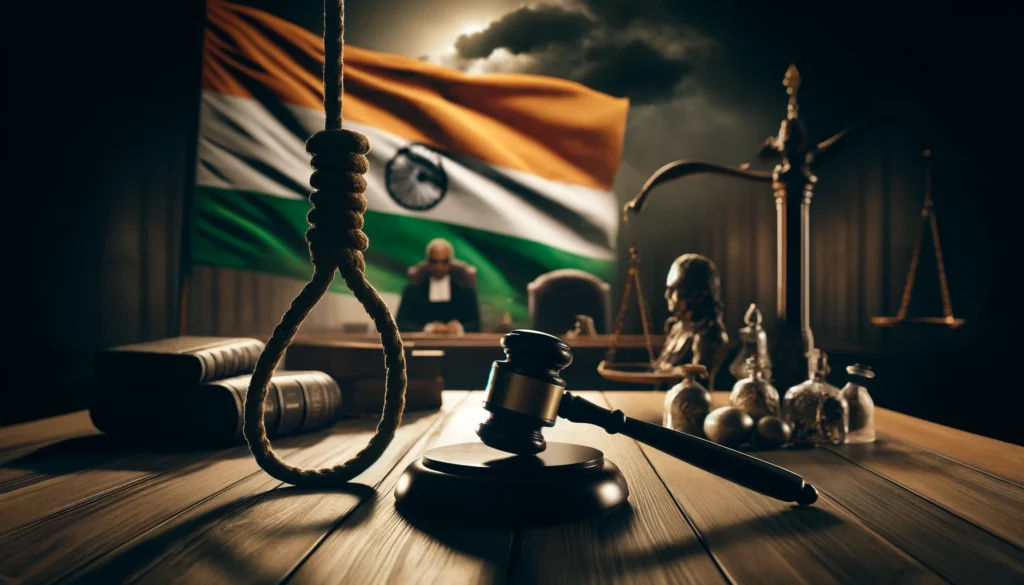Published On: 5th December, 2023
Authored By: Roshan Jose
Nitte University
Case Summary: Satpal & Another vs. State of Haryana & Ors (2000)
I. INTRODUCTION
The case of Satpal & Another vs. State of Haryana & Ors (2000) revolves around the pardoning of Siriyans Kumar Jain, who was convicted for the murder of Krishan Kumar during the 1987 elections for the President of Municipal Committee, Hansi. The petitioners, Krishan Kumar’s brother and widow, challenged the Governor of Haryana’s order granting pardon to Siriyans Kumar Jain, citing non-application of mind and extraneous considerations.
II. BACKGROUND
In 1987, Krishan Kumar was murdered during the elections for the President of the Municipal Committee, Hansi. The prosecution accused Siriyans Kumar Jain and others of the crime. After the trial, the Sessions Judge convicted five accused persons, including Siriyans Kumar Jain. The High Court upheld this conviction, but three accused were acquitted upon appeal to the Supreme Court. However, the Supreme Court reinstated the conviction of Siriyans Kumar Jain and one other accused, directing them to surrender to serve the remaining part of their sentence.
III. GOVERNOR’S PARDON AND LEGAL CHALLENGE
Instead of surrendering, Siriyans Kumar Jain applied for pardon under Article 161 of the Constitution of India, which empowers the Governor to grant pardons, reprieves, respites, or remissions of punishment. The Governor granted the pardon after seeking advice from the Chief Minister and other departments. However, the petitioners, Krishan Kumar’s brother and widow, challenged the Governor’s order, arguing that it was passed without due consideration of the facts and amounted to an abuse of power.
IV. LEGAL ARGUMENTS
The petitioners contended that the Governor’s order lacked application of mind, was hastily processed, and was passed without the aid and advice of the Council of Ministers. They argued that the Governor had not considered the gravity of the offense, the impact on the victim’s family, and the convict’s lack of remorse. They further argued that the Governor had failed to follow the established procedure for granting pardons.
The State of Haryana and Siriyans Kumar Jain respondents maintained that the power to grant pardon is an executive function, and the court’s review is limited to ascertaining the Governor’s jurisdiction. They argued that the Governor had acted within his authority and that the court should not interfere with exercising his discretion.
V. JUDICIAL REVIEW PARAMETERS
The Supreme Court held that while the power of granting pardons under Article 161 is wide, it is not immune to judicial review. The court outlined the parameters of judicial review in such cases:
- The court can review the Governor’s order to ensure it is not passed without the government’s advice.
- The court can review the order to ensure that the Governor has not exceeded his jurisdiction.
- The court can review the order to ensure it is not passed without application of mind.
- The court can review the order to ensure that it is not mala fide or based on extraneous considerations.
VI. JUDGMENT AND ANALYSIS
Applying these principles to the case, the Supreme Court found that the Governor’s order was vitiated due to the lack of consideration of essential facts. The court noted that the order stated that Siriyans Kumar Jain was in jail, yet he was at large until he surrendered after the order was passed. The court also observed an unusual haste in processing the pardon and a lack of information about the convict’s imprisonment and behavior.
VII. CONCLUSIONS
The Supreme Court concluded that the Governor’s order was arbitrary and irrational due to the lack of consideration of essential facts. The court dismissed the argument that the Governor acted without the advice of the Council of Ministers but held that the order failed to consider critical aspects and quashed the order dated 15 January 1999. However, the court allowed the Governor to reconsider the matter in light of pertinent materials and act accordingly.
VIII. FINAL DECISION
In conclusion, the Supreme Court ruled in favor of the petitioners, quashing the impugned order but allowing the Governor to reevaluate the case while adhering to the constitutional provisions and discretion. This case serves as a precedent highlighting the parameters and limitations of the Governor’s power in granting pardons under Article 161 of the Indian Constitution and the scope of judicial review in such matters.




